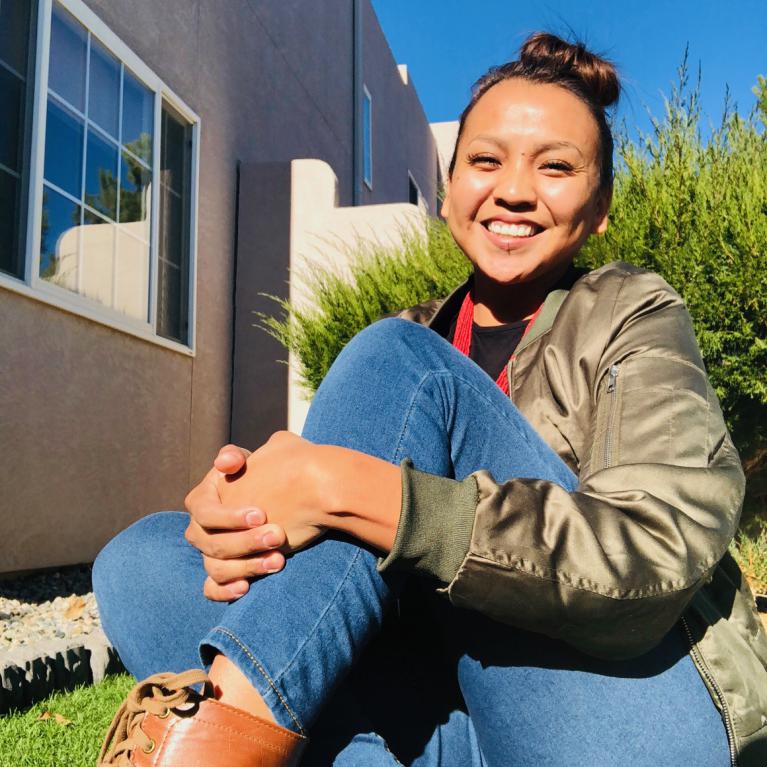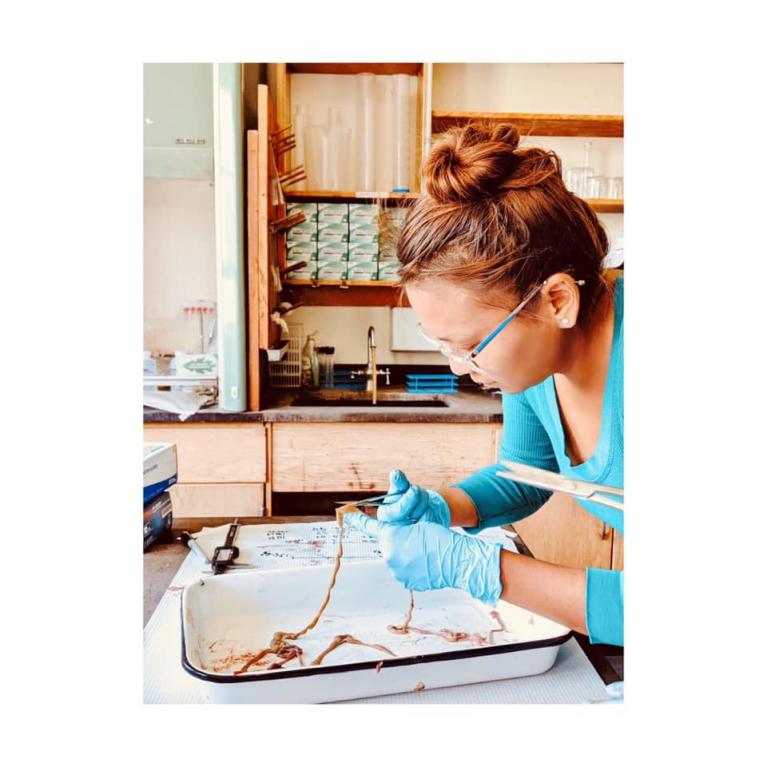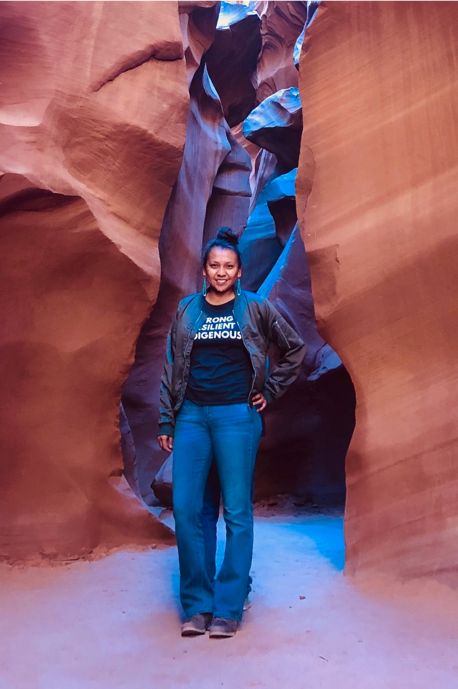Deandra Jones awarded Cobell Graduate Scholarship!
Jones_image3.jpeg
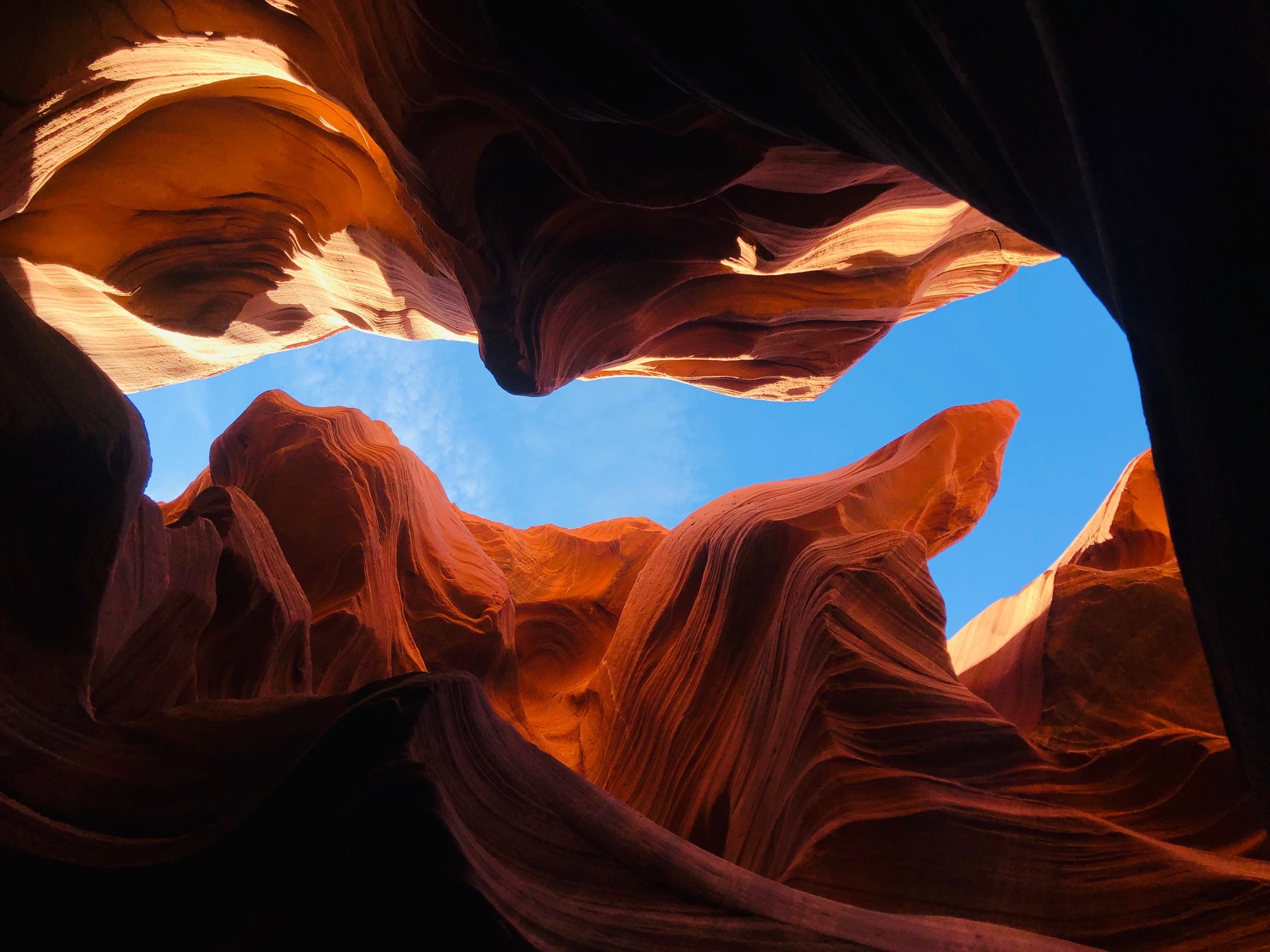
SNRE master’s student, Deandra Jones, has recently been awarded the Cobell Graduate Scholarship for 2020-2021! Honoring Elouise Cobell, a renowned activist for Indigenous rights and recipient of the MacArthur “Genius Grant,” the scholarship supports Indigenous students enrolled in graduate school. Jones is one of this year’s award winners for her commitment toward pursuing higher education and endeavors to protect our home. We interviewed Jones to get a closer look at her work in SNRE:
Tell me a bit about yourself, where are you from and what made you decide to pursue a master's degree in wildlife conservation?
Jones_image0.jpeg
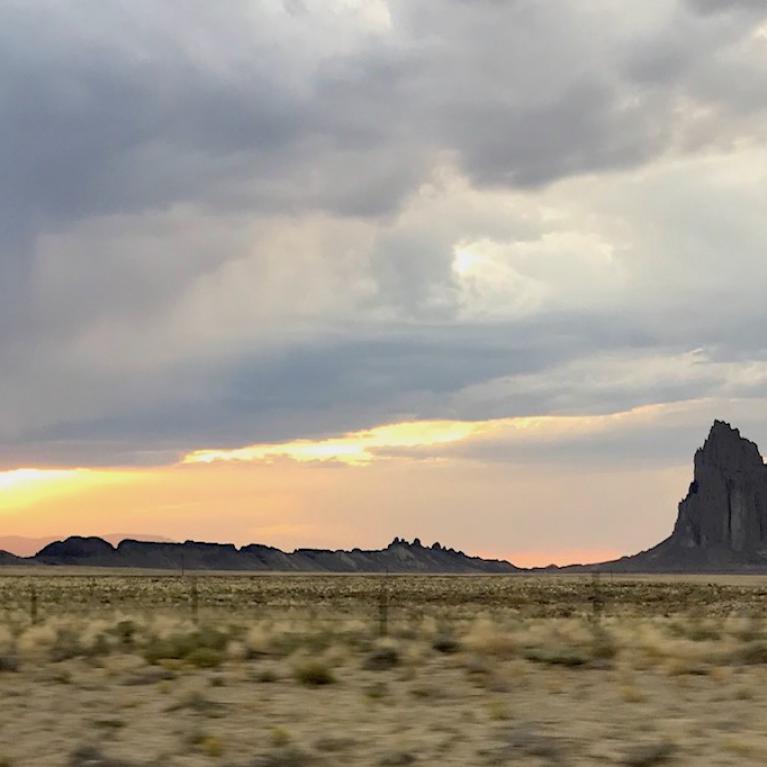
Yá’ át’ééh. Hello, my name is Deandra Jones. I grew up in Round Rock, AZ located in the northern part of Arizona. I am a member of the Navajo Nation; I identify myself as Kinłichíí’nii born for Ashįįhí (I am of the red house people and born for the salt people). I decided to pursue my masters in wildlife conservation because of the love I have for animals, plants, and the land. I believe that we should be working harder to preserve or conserve our mother earth. I enjoy the research aspect of graduate school and knowing that I am potentially making a difference somewhere is what keeps me going.
What kind of wildlife research are you doing?
I am investigating the potential for parasite-mediated competition and related hypotheses in native endangered Mt. Graham red squirrels (Tamiasciurus fremonti grahamensis) and introduced Abert's squirrels (Sciurus aberti) in the Pinaleño Mountains of southeastern Arizona. There is little understanding of parasite loads between invaders and imperiled endemic species, including S. aberti and T. f. grahamensis; we will identify and quantify parasites in this important system. We will investigate the potential for parasite-mediated competition and related hypotheses including spillover that occurs when invasive species import parasites from its native range to the new native fauna. From the study we hope to gain a better insight into possible parasite transmission routes and the role that parasites play in biological invasion. We strive to understand all aspects of factors that place species at risk of extinction, so that we can provide future management and conservation strategies for similarly threatened or endangered species.
What do you find rewarding and/or challenging about research?
One thing I find rewarding about research is the ability to create your own objectives or hypotheses about what you are doing. I am eager to find out if any of my objectives or hypotheses will be true or not, it’s intriguing! One challenge I face almost every day regarding research is the confliction it has with my traditions and culture. There are certain things that I am not supposed to do with wildlife and it’s always been a struggle to try to balance my beliefs and science. I am thankful to have my parents supporting my life decisions because they understand the chances I’m taking and that what I am doing needs to be done.
What do you hope to do after you graduate?
When I started the master’s program here, I wanted to work for a federal agency or work for the Navajo Fish and Wildlife Department. Now that I’m getting to the end of this program, I am really thinking about pursuing my PhD because this journey is showing me that I should continue my education and bring a bigger purpose back to my community.
In addition to spending time outside and conducting research, Jones enjoys running, playing video games, and doting on her cats, Hoyt and Ollie. When the world isn’t in the midst of a global pandemic, she also values time spent with family and friends, and she looks forward to spending time with them again when it is safe. For more about Jones and her work, visit her personal page: https://conservation.arizona.edu/person/deandra-jones


